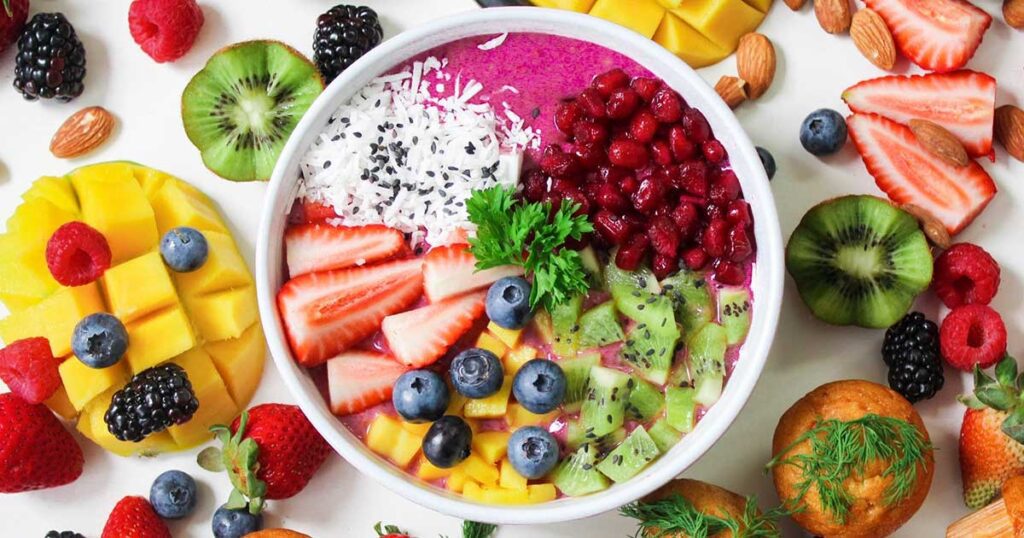Introduction
We’ve all experienced the frustration of tossing and turning in bed, unable to fall asleep. Did you know that what you eat can have a significant impact on the quality of your sleep? In this article, we will discuss the importance of sleep, foods that promote good sleep, and which foods to avoid for a restful night.
Importance of Sleep
Sleep and Health
Adequate sleep is vital for maintaining good physical health. During sleep, our bodies repair tissues, grow muscle, and release hormones that regulate growth and stress. Sleep also helps maintain a healthy immune system, which can ward off infections and diseases.
Sleep and Mental Wellbeing
Sleep is equally important for our mental wellbeing. It plays a crucial role in memory consolidation and learning, allowing our brains to process and store new information. Additionally, a good night’s sleep can help improve mood, reduce stress, and increase overall cognitive function.
Foods That Promote Sleep
Complex Carbohydrates
Incorporating complex carbohydrates into your diet can help improve sleep quality. These foods are digested more slowly, providing a steady source of energy and promoting feelings of fullness.
Whole Grains
Whole grains like brown rice, quinoa, and whole-wheat bread are rich in complex carbohydrates. These foods can help stabilize blood sugar levels, which may contribute to better sleep.
Fruits and Vegetables
Fruits and vegetables, such as sweet potatoes, bananas, and cherries, also contain complex carbohydrates. These foods are high in fiber and essential nutrients, which can aid in digestion and promote relaxation.
Lean Proteins
Lean proteins contain an amino acid called tryptophan, which plays a role in the production of serotonin—a neurotransmitter that helps regulate sleep.
Turkey
Turkey is a well-known source of tryptophan, often credited for the post-Thanksgiving drowsiness. Including turkey in your evening meal can help you feel more relaxed and sleepier.
Fish
Fish, such as salmon and tuna, are not only rich in tryptophan but also omega-3 fatty acids. These healthy fats have been linked to improved sleep quality.
Healthy Fats
Healthy fats can help regulate hormones, including those related to sleep.
Nuts and Seeds
Nuts and seeds, like almonds, walnuts, and flaxseeds, contain healthy fats as well as magnesium and tryptophan. These nutrients can help promote relaxation and improve sleep quality.
Avocado
Avocado is another excellent source of healthy fats. Consuming avocado can help regulate blood sugar levels and support a restful night’s sleep.
Foods to Avoid
Heavy, Spicy, and Sugary Foods
Eating heavy, spicy, or sugary foods close to bedtime can cause discomfort and indigestion, making it difficult to fall asleep. It’s best to avoid these types of foods in the evening to ensure a more restful slumber.
Caffeine and Alcohol
Caffeine and alcohol can both negatively impact sleep quality. Caffeine is a stimulant that can make it harder to fall asleep, while alcohol may disrupt your sleep cycle, leading to poor sleep quality. Limit your intake of these substances, especially in the hours leading up to bedtime.
Conclusion
To improve your sleep, pay attention to your diet by incorporating sleep-promoting foods and avoiding those that can hinder your rest. Remember, a good night’s sleep is essential for your overall health and wellbeing. Sweet dreams!
FAQs
How long before bedtime should I eat my last meal?
It is recommended to finish eating at least two to three hours before bedtime. This allows your body time to digest the food and can help prevent discomfort during the night.
Can drinking warm milk help me sleep better?
Warm milk may help some people relax and feel sleepy due to its tryptophan content. However, this effect varies from person to person, and some individuals may not experience any benefits.
Are there any herbal teas that can improve sleep quality?
Yes, some herbal teas, such as chamomile, valerian root, and lavender, are known for their calming effects and may help improve sleep quality.
Is it okay to snack before bedtime?
If you’re hungry, a light, healthy snack may help you sleep better. Choose foods that are high in complex carbohydrates and lean proteins, such as whole-grain crackers with a slice of turkey.
What is the connection between hydration and sleep?
Staying hydrated is essential for overall health, including sleep. Dehydration can cause discomfort, such as dry mouth and throat, making it difficult to fall asleep. Drink enough water throughout the day, but avoid excessive fluid intake close to bedtime to prevent night-time trips to the bathroom.





